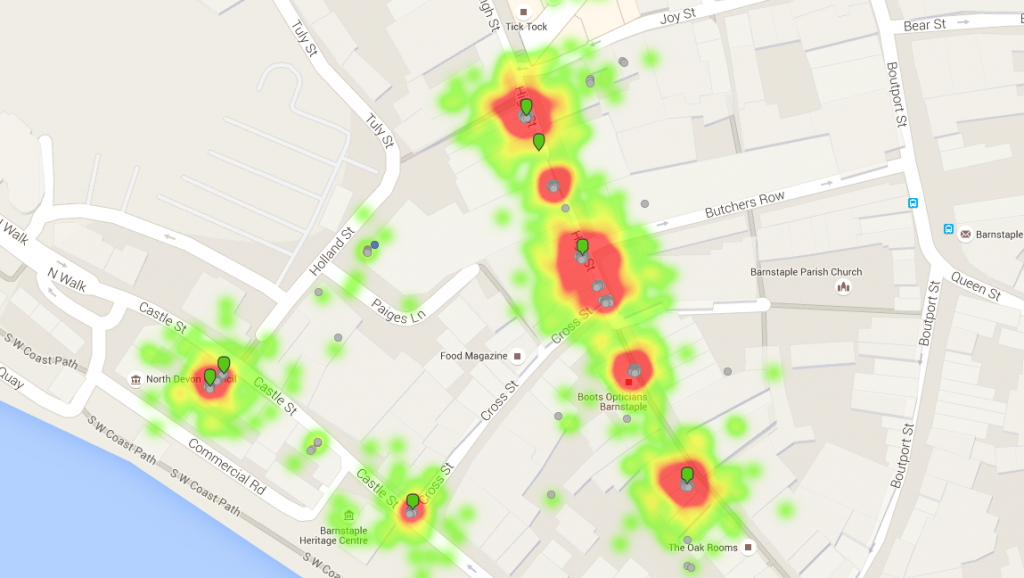Lineal’s Ian Meredith has been awarded DrayTek Certified Network Admin Certificate, adding an additional qualification to Lineal’s networking experience.
DrayTek’s ‘Dray School’ requires network engineers to pass a series of advanced network and security configuration tests using DrayTek devices, routers and access points, including best practice for firewall settings, fault-finding and other detailed network tasks.
DrayTek’s business-grade Router range have won praise from across the IT Support sector recent years, with the provider winning a PC PRO Technology Excellence Award for five successive years (2014-18). DrayTek router models have proved highly popular with businesses, with intelligent features such as 4G fail-over increasingly in demand for business continuity requirements.
As a part of the 2-day examination procedure, each engineer’s router is attached to a testing network which judges whether the engineer has managed the device correctly, and automatically passes or fails based on a series of security checks.
Well done Ian!
For Networking and Security Expertise, contact Lineal today.





